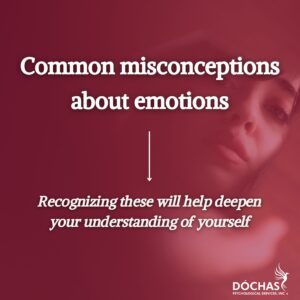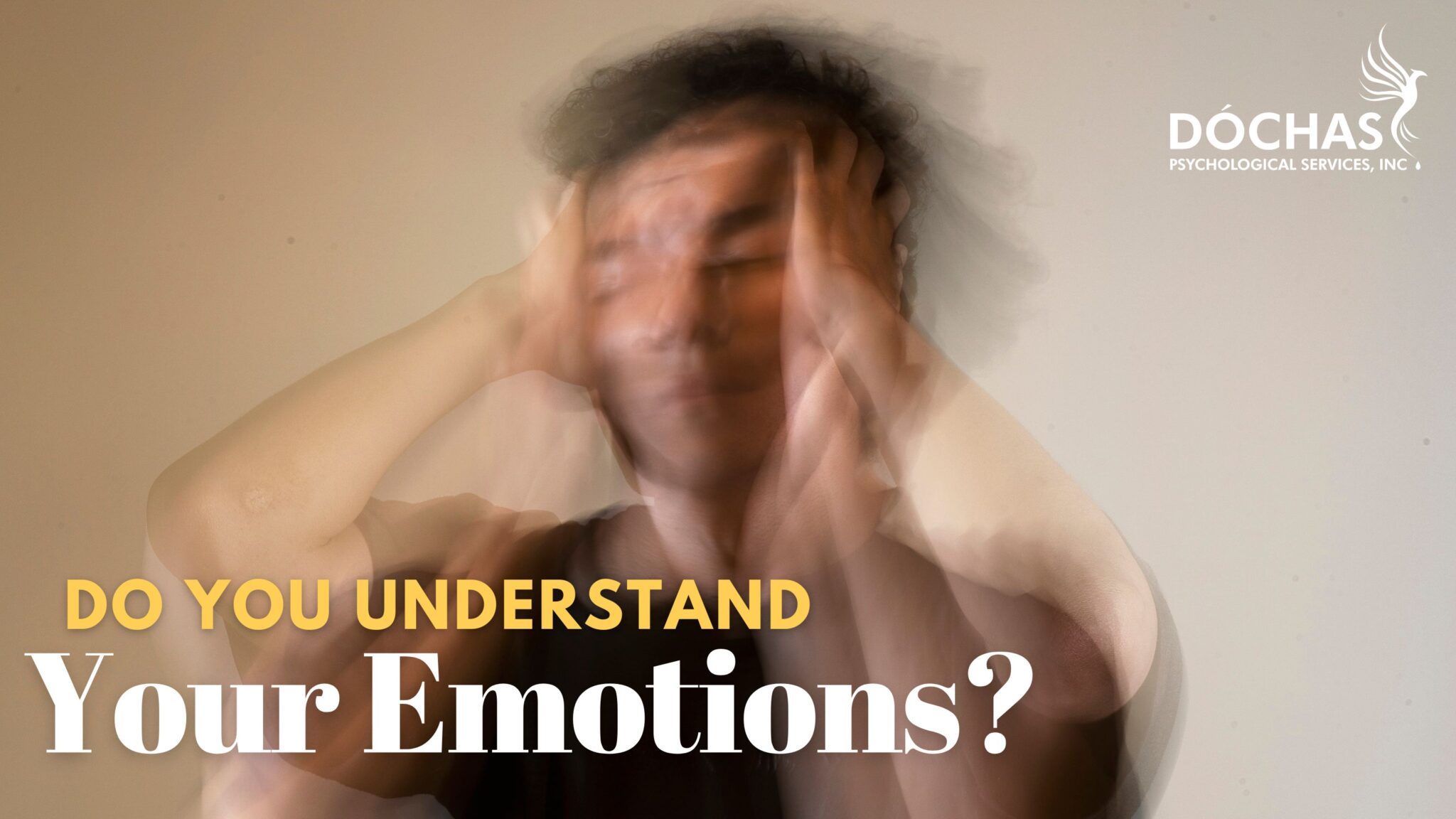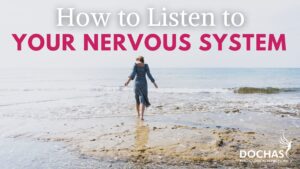Emotions, love them or hate them, we all have them.
It’s Rachael on the blog this week—we’re talking emotions. They influence every aspect of our lives, from our decisions to how we connect with others. Despite their profound impact, many of us struggle to understand them. Various factors and misconceptions can affect how we experience, express, and interpret emotions.
What Influences Our Emotions?
The biological basis of emotions is rooted in the brain and nervous system, involving neurotransmitters like dopamine, serotonin, and oxytocin. Certain neurological and psychological conditions can impact how we process and express emotions. Mental health diagnoses and genetic factors can lead to neurotransmitter imbalances, resulting in emotional dysregulation.
Other influences include cultural differences, personality, upbringing, and life stages. In some cultures, expressing emotions like sadness or anger is seen as a sign of weakness, while in others, it’s encouraged as part of emotional honesty. Similarly, personality traits like extroversion or introversion can influence how emotions are expressed or suppressed
Misconceptions About Emotions

Given the many factors that shape our emotions, it’s no surprise there are numerous misconceptions about them. Here are some common misunderstandings:
- Emotions are irrational: Many people believe that emotions are illogical and should be controlled or suppressed. While emotions can sometimes feel irrational, most often, they provide valuable information about our needs and situations. Emotions motivate us, direct our attention, and help in decision-making. The reason you’re experiencing an emotion is that your brain is trying to give you additional information about your environment.
- You can COMPLETELY control your emotions: There’s a common misconception that if we try hard enough, we can keep our emotions in check all the time, and failure to do so is a personal flaw. The truth is that emotions are natural and automatic responses—we can’t completely control them. What we can control is how we respond to emotions, using strategies like emotional regulation and healthy coping mechanisms.
- We should always be happy: Society often pressures us to believe that we should always be happy, and if we aren’t, something must be wrong. However, emotions fluctuate as our circumstances change. Expecting constant happiness is unrealistic. Other emotions like sadness or frustration serve purposes and are part of the human experience.
- Emotions can be ignored: People sometimes think they can push emotions aside without consequences. Suppressing emotions doesn’t just affect our mental well-being; it can also lead to physical health problems like headaches or digestive issues. Over time, unaddressed emotions can build up, leading to burnout or emotional outbursts.
- Others are responsible for our emotions: It’s easy to believe that others “make” us feel a certain way. However, it’s how we interpret and react to situations that influence our emotional state. When someone’s behaviour triggers an emotional response, they are not causing your emotions—it’s your interpretation of the situation that generates the feeling.
- Emotions are good or bad: We often label emotions as either good/positive or bad/negative, which can lead to attempts to avoid or suppress the “bad” ones. All emotions serve a purpose. They provide information that helps us navigate social situations, protect ourselves, or process difficult experiences, like loss or failure.
With so many factors influencing our emotions, it’s natural to wonder if we’re “feeling right” or handling emotions correctly. However, working on understanding emotions and challenging misconceptions can greatly reduce these uncertainties.
Understanding Our Own Emotions
Understanding emotions begins with developing emotional awareness. This involves recognizing, understanding, and managing our emotions, as well as recognizing the emotions of others. Emotional awareness includes learning how emotions are displayed in our body and understanding how cultural influences shape the way we express emotions. Click here for a great resource for learning more about social and emotional skills.
Shifting how we think about emotions can reduce discomfort and correct some of the common misconceptions. Rational Emotive Behavior Therapy (REBT) emphasizes the role of our beliefs in shaping emotional responses. It helps us distinguish between healthy and unhealthy emotions.
- Healthy emotions stem from rational beliefs. They are flexible, realistic, and non-demanding, leading to functional emotional responses.
- Unhealthy emotions arise from irrational beliefs. These emotions are rigid and demanding, often leading to emotional disturbances that impair our functioning. Unhealthy emotions tend to linger, trap us, or dominate our thinking.
Is Anxiety “Good” or “Bad”?
When we label anxiety as either “good” or “bad,” we often consider it “bad” and try to avoid it. However, anxiety can be helpful, such as when it motivates us to study or alerts us to danger. By viewing anxiety in terms of healthy and unhealthy, rather than good or bad, we can better understand its role.
- Healthy anxiety (concern) is based on rational thinking. It helps us recognize stressful or unsafe situations and encourages proactive problem-solving or removing ourselves from danger.
- Unhealthy anxiety stems from irrational beliefs such as ‘nothing is under our control’ or ‘things will end catastrophically’. This often results in panic, avoidance, or paralysis.

Final Thoughts
Developing emotional awareness and challenging misconceptions about emotions can help us better understand and manage our feelings. Instead of viewing emotions as something to be controlled or suppressed, we can embrace them as valuable sources of information that guide us through life. The next time you experience anxiety or sadness, consider what it’s trying to tell you instead of pushing it away. Your emotions are valuable guides, not enemies.
If you are looking for help understanding your emotions, feel free to reach out to Dóchas at 780-446-0300 or info@dochaspsych.com. Book an in-person (Spruce Grove) or virtual (across Alberta) appointment with one of our therapists here.
About Dóchas Psychological
Dóchas Psychological Services is a well-established and trusted therapy clinic located in Spruce Grove, Alberta. At Dóchas we value the idea that everyone deserves a safe space. Through connection and education, our team works hard to build a trustworthy relationship with each of our clients. It is our goal to create a community for our clients to feel like they belong.
Disclaimer
Information provided through Dóchas Psychological Services blogs or vlogs is meant for educational purposes only. They are NOT medical or mental health advice. You can read more about our disclaimer here.









